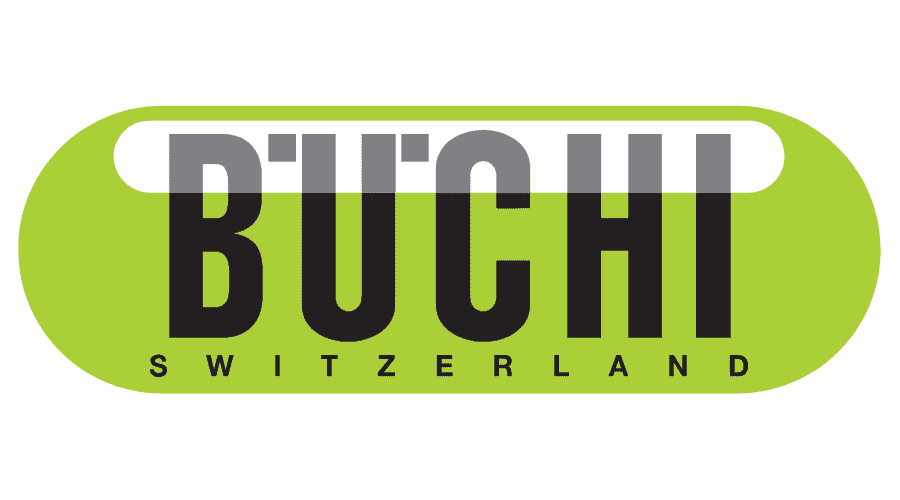Evaporation, in a technical sense, denotes the conversion of a liquid into a vapor for the purpose of separating it from another liquid of higher boiling point, or from a solid which is dissolved in it. In the great majority of cases, the liquid evaporated is water. If the liquid evaporated is to be recovered, the vapors are condensed, and the process then becomes one of Distillation.
Extraction in chemistry is a separation process consisting in the separation of a substance from a matrix. In the extraction process, a solute is transferred from one phase to another to separate it from unreacted starting materials or impurities. Extraction is also used to facilitate the isolation of a solute from a reaction solvent that is difficult to remove by evaporation, such as a solvent with a high boiling point. Generally, there are three types of extractions. First, in solid-liquid extraction, the solute is transferred from a solid phase to a liquid phase. In liquid-liquid extraction, a solute is transferred from one liquid to another. In acid-base extraction, a solute is transformed into an ionic compound and transferred from an organic phase to an aqueous phase.
BCL is providing wide range of sample preparation equipment’s such as Rotary evaporator, Soxhelt extractor, SPE, LLE, SPME, which will cover entire workflow of your preparation in different analytical technique.




.jpg)


